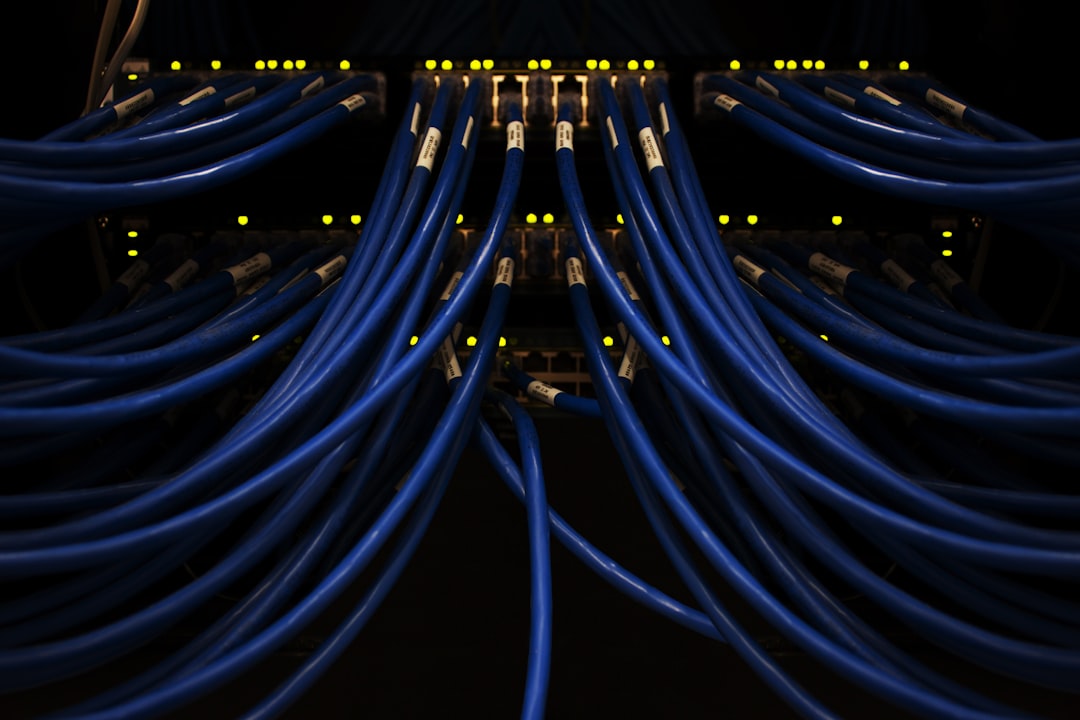When it comes to building a stable, secure, and cost-effective server infrastructure, choosing the right operating system (OS) is crucial. For businesses looking for long-term reliability and performance, Debian stands out as an exceptional choice. Renowned for its stability, security, and open-source nature, Debian has been the backbone of countless server deployments worldwide.
In this post, we’ll explain why Debian is often the preferred choice for server infrastructures and explore the key benefits it offers.
1. Stability: The Foundation of Reliable Servers
What Makes Debian So Stable?
Debian is widely recognized for its rock-solid stability. This is largely due to its rigorous testing process. Before any package or update is released, it goes through an extensive process of testing in Debian's Testing branch. Only after extensive testing and ensuring no critical bugs or incompatibilities arise is a package moved to the Stable branch. This commitment to thorough testing ensures that you can run your server with confidence, knowing that everything is well-vetted.
Why Stability Matters for Servers:
- Minimized Downtime: Stability reduces the likelihood of unexpected crashes or issues, ensuring continuous uptime for your business-critical applications.
- Predictable Updates: Stable releases only receive essential security updates and minor bug fixes, so you don’t have to worry about unexpected changes disrupting your services.
- Long-Term Support: Debian releases have long support cycles, often lasting 5 years, which is especially beneficial for businesses that want to maintain a stable environment for years without needing frequent upgrades.
Ideal for Businesses That:
- Require a dependable, high-performance environment for mission-critical applications.
- Need minimal system downtime and predictable system behavior.
- Plan for long-term server infrastructure and minimal OS changes.
2. Security: Robust Protection for Your Infrastructure
Debian’s Security Advantage:
Debian is known for its strong emphasis on security. The Debian Security Team constantly monitors and addresses security vulnerabilities, quickly releasing patches and updates to address any discovered vulnerabilities. Debian also offers tools such as apt-secure and debian-security-announce, ensuring your system is always up to date with the latest security patches.
Debian's open-source nature means that its source code is accessible to a wide community of security experts who continuously audit it for flaws, making it one of the most secure server operating systems available.
Why Security is Crucial for Server Infrastructure:
- Protects Sensitive Data: Security measures help protect against data breaches, which could compromise sensitive business information.
- Defends Against Cyber Threats: The quick release of security patches helps to mitigate risks from cyber-attacks, ensuring your infrastructure remains safe from exploits.
- Minimizes Downtime: Regular security updates and patches reduce the chances of your server becoming compromised, ensuring continued operation.
Ideal for Businesses That:
- Store sensitive customer data or proprietary business information.
- Need to comply with stringent security standards (e.g., GDPR, HIPAA).
- Want peace of mind knowing their servers are regularly updated and protected.
3. Cost-Effectiveness: Free and Open-Source
The Open-Source Advantage:
Debian is a free, open-source operating system, which means there are no licensing fees associated with using it. You can download, install, and use Debian without paying for any software licenses. This is a huge benefit for businesses looking to save on costs while still getting a high-quality operating system for their servers.
Additionally, since Debian is community-driven, you don’t need to pay for commercial support if you’re able to manage your own server or use community resources for troubleshooting and problem-solving.
Why Cost-Effectiveness is Important for Businesses:
- Zero Licensing Costs: You can deploy as many servers as you need without worrying about purchasing expensive licenses for each one.
- Low Total Cost of Ownership (TCO): Because Debian doesn’t require paid updates, subscriptions, or licenses, businesses save money in the long run compared to commercial OS solutions.
- Scalable Infrastructure: Businesses can invest more resources into scaling their infrastructure, rather than spending on OS licensing or support.
Ideal for Businesses That:
- Want to minimize operational costs while running a reliable server infrastructure.
- Need to scale their server infrastructure without additional licensing overhead.
- Want to reduce vendor lock-in and leverage open-source tools.
4. Customization and Flexibility: Tailor Your Server to Your Needs
Customizable to the Core:
One of Debian's greatest strengths is its flexibility. It offers a minimalist installation that can be tailored to suit a wide variety of use cases. Whether you’re setting up a web server, database server, or file storage system, Debian allows you to install only the necessary components, saving both system resources and time. Additionally, its package management system, APT, allows you to easily install and manage a vast library of software packages to suit your needs.
Why Customization is Key for Server Infrastructures:
- Optimized Performance: You can configure your Debian server to only run the services you need, helping to optimize resources and ensure performance.
- Scalability: As your business grows, you can easily add or remove software packages and services, adapting the server to meet new requirements.
- Minimal Footprint: By avoiding unnecessary software, your server’s footprint remains small and lightweight, contributing to better performance and lower system resource usage.
Ideal for Businesses That:
- Have specialized needs or custom applications requiring specific server configurations.
- Want to build a lean, optimized system without extraneous overhead.
- Need flexibility to adapt their server infrastructure over time.
5. Large Support Community: Access to Expertise and Resources
Community-Driven Support:
Debian boasts a massive global community of developers, system administrators, and enthusiasts who contribute to the project, provide support, and create resources such as documentation, tutorials, and forums. This active community ensures that any issue or question you face can often be resolved quickly with assistance from the community.
Debian's extensive documentation also provides a wealth of knowledge, helping users configure, troubleshoot, and optimize their systems effectively.
Why a Strong Community Matters:
- Rapid Problem Solving: If issues arise, you can quickly find solutions through forums, mailing lists, or IRC channels where experienced users help each other.
- Continuous Improvement: The open-source nature of Debian ensures that the OS is constantly evolving and improving, with new features, optimizations, and bug fixes being integrated regularly.
- Access to a Wealth of Resources: Extensive documentation and tutorials mean that businesses can deploy, configure, and manage their Debian servers with ease.
Ideal for Businesses That:
- Prefer having access to a vast community of experts for support and guidance.
- Want to leverage free, high-quality documentation and resources for server management.
- Need assistance in solving issues and keeping their server infrastructure up-to-date.
Conclusion: Why Debian is the Smart Choice for Your Server Infrastructure
When choosing an operating system for your server infrastructure, Debian offers an unbeatable combination of stability, security, cost-effectiveness, flexibility, and a robust community. Whether you’re running a small business or an enterprise with complex needs, Debian provides the reliability and customization you need to ensure your server infrastructure is secure, efficient, and scalable.
For businesses that value open-source principles, long-term support, and a low total cost of ownership, Debian is the ideal choice. By choosing Debian, you’re investing in a future-proof solution that will grow with your business while keeping costs down and data secure.










0 Comments